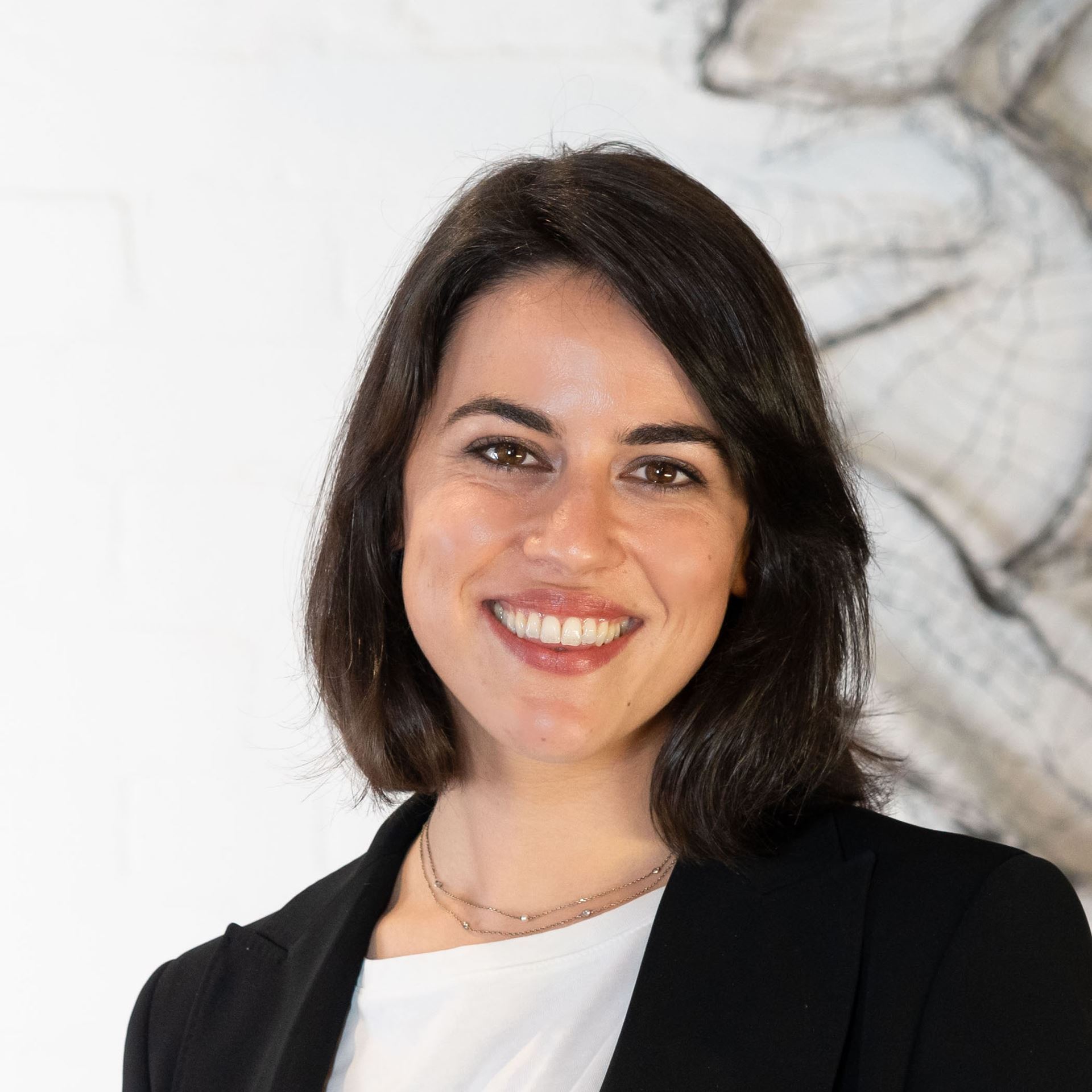Research Scholars
Since it’s foundation in 2012, the Australian Health Design Council (AHDC) has been committed to creating and sharing knowledge about the design of healthcare facilities with all who are interested in developing the best possible health buildings for the Australian community. Our Research Scholarship provides valuable financial aid for high-performing research students to further their research project and disseminate knowledge within the health facility design community. AHDC Research Scholars are actively engaging in academic research relevant to health facility design. As part of their journey, they share regular updates with AHDC and present at member events and conferences.
Sara Nourmusavi Nasab (2025)
Designing Supportive Palliative Care Environments for Paediatric Patients: A Collaborative Study with Families and StaffThis research investigates how built environment design can better support paediatrics and adolescent patients in palliative care, with a particular focus on the adolescent age group. In Australia, there are currently only three paediatrics hospices, and just one purpose-built facility for adolescents. Despite growing awareness of psychosocial and medical needs, there has been no architectural research to date that explores how design can support adolescents’ autonomy, identity, and experience of end-of-life care. Our preliminary research reveals clear distinctions between the needs of paediatrics and adolescent patients—particularly in how care environments can foster independence, privacy, and meaningful connection. This study addresses a critical gap by adopting a mixed-method approach: it includes a literature review, precedent case study analysis, and interviews with paediatrics palliative care professionals and architects. The next phase includes ethnographic and participatory research in two hospice settings, including site observations, focus groups with families, and photo-response interviews with adolescent patients. Engagements with AHDC Presenting at 2025 Conference "Design for a changing world". |
|
Chloe Piper (2024)Architecture of Compassion
This research focuses on designing healthcare environments for trauma. This research addresses the gap in trauma-informed building design, acknowledging the influence of physical environments on health outcomes. Chloe’s work explores how scientific findings related to wellbeing can inform the design of sensitive and responsive architectural spaces for individuals recovering from trauma. Chloe's research contributes to the development of a holistic, healing-centred paradigm in architectural design. Engagements with AHDC
April 2025 Update
I am immensely grateful to have received the AHDC research scholarship and for the opportunities it has provided. In June this year, I will be traveling to the UK and Europe to attend and present at several conferences. This will allow me to connect and reconnect with interdisciplinary academics and practitioners working across architecture, health, neuroscience, neuro-architecture, environmental psychology, and the social sciences. It is both inspiring and deeply informative to engage with those dedicated to human-centered, healing-oriented design, and I feel humbled to be part of this important conversation. Currently, I am putting together a case study that will examine the application of trauma-informed design principles within the context of mental health facilities, and I am very much looking forward to undertaking it later this year. |
|
Carla Mileo (2023)Beyond Confinement: Architecture to Reduce Restrictive Practices in Acute Mental HealthcareMaster of Architecture, Thesis Scholarship (1 year) This research explores opportunities for how design of the physical environment – in particular sensory design – can contribute to the Royal Commission reform priority of reducing and eliminating the use of restrictive practices in mental health services. Best practice research, user input, and the disciplines of architecture and neuroscience are being applied to develop and test sensory design interventions that can be implemented across the mental health system to help reduce restrictive practices in existing and new facilities. Research outcomes will contribute to an increasing knowledge of best practice for mental health facility design.Engagements with AHDC
April 2024 Update I am extremely grateful to have received the AHDC Research Scholarship in support of my Master of Architecture Thesis. As someone who is at the beginning of their career, this scholarship has provided an invaluable opportunity to pursue my professional interest in exploring the nexus between architecture, sensory perception, and health, to design restorative environments that enhance therapeutic outcomes and wellbeing. April 2025 Update I have completed this research and design thesis and am currently developing the sensory design prototypes for implementation and evaluation of sustained benefit in existing and new mental health facilities. |
|
Katharina Nieberler-Walker (2022)Therapeutic Hospital Gardens (THGs): their purposeful and evidence-based design and integration into health policy and hospital programsPhD Scholarship (3 years) Project Summary: This research aims to establish a THG framework for healthcare professionals, policy and decision makers, designers, researchers and hospital administrators to facilitate the purposeful and evidence-based design and integration of THGs for every hospital and the benefit of patients, their families, staff and the hospital organisation. Significantly, this research will consolidate knowledge and experience in creating health promoting THGs for the benefit of many that are consistent, reliable and credible every time a THG is established. The resultant findings will lead a cultural shift in medical hospital treatment, towards ‘holistic health’ that benefits humans and the environment. Engagements with AHDC
April 2024 Update I was the inaugural recipient of the Research Scholarship from the AHDC to support my PhD answering the research question of how therapeutic hospital gardens can be established to optimise the health promoting qualities of these gardens. The $5,000 a year scholarship over three years enabled me to travel to international conferences. There, I was able to recruit architects, heath planners, hospital CEOs, government executives and clinical health professionals who are already establishing THG to participate in the research and thereby explore how they managed to establish therapeutic gardens in hospitals. Being at the international healthcare conferences and meeting these healthcare experts face to face made the THG research richer and more insightful, increased my professional network, and promoted the THG research project. |
|



